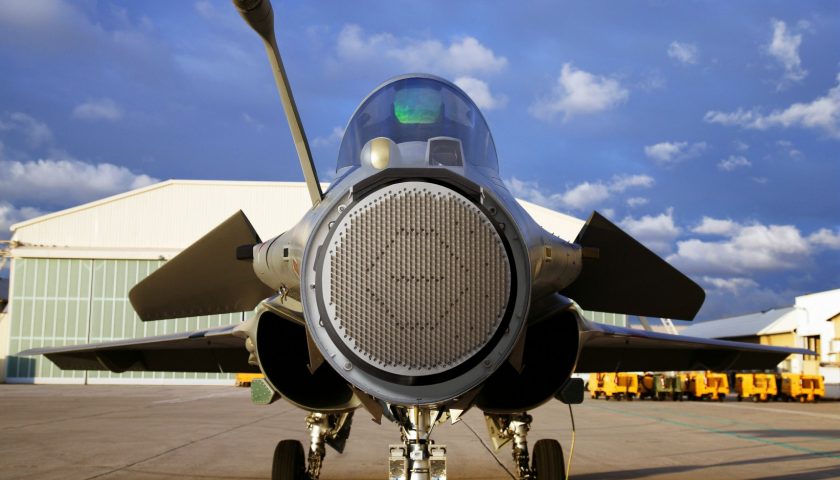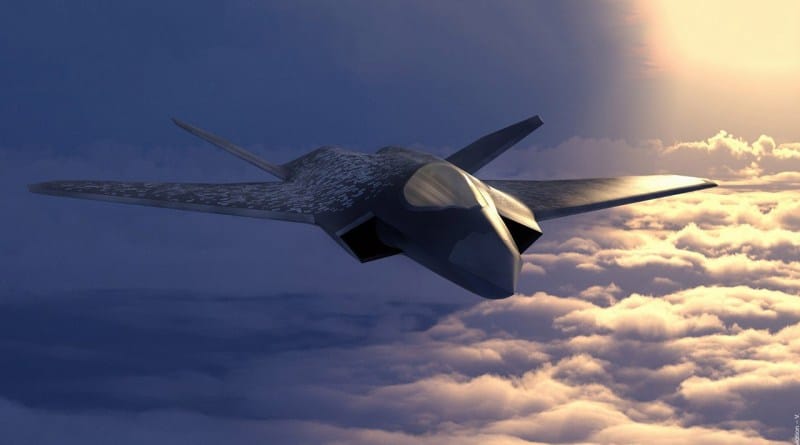On November 23, the French Directorate General of Armaments, known by the acronym DGA, signed by delegation of the German, French and Spanish states, the contract granting the Spanish embedded electronics company Indra management of the “sensors” pillar of the program air combat system of the future, or FCAS, aimed at developing the future combat aircraft and related systems that will equip the air forces of the 3 countries from 2040. Indra will therefore be responsible, with the French companies Thales and German Hensoldt to develop the radar and all the new generation sensors which will equip the key aircraft of the European air forces for many decades. But is this good news?
If we believe the DGA, the Ministry of the Armed Forces, like all the official statements made around this announcement, there is no doubt about it. This is an important step towards bringing this ambitious European project to fruition, which marks the will for cooperation between the 3 nations for bright futures. And it is true that, like any self-respecting international cooperation program, the partners who will call on their taxpayers to finance it and acquire the devices, expect to have an industrial and scientific return as a result. Spain having designated Indra as a referent for FCAS, assigning it to the "Sensors" pillar, one of the 7 major pillars of the program, was therefore perfectly expected, and even logical.


The rest of this article is for subscribers only
The Classic subscriptions provide access to
all articles without advertising, starting at € 1,99.
Newsletter subscription
Register for the Meta-Defense Newsletter to receive the
latest fashion articles daily or weekly


